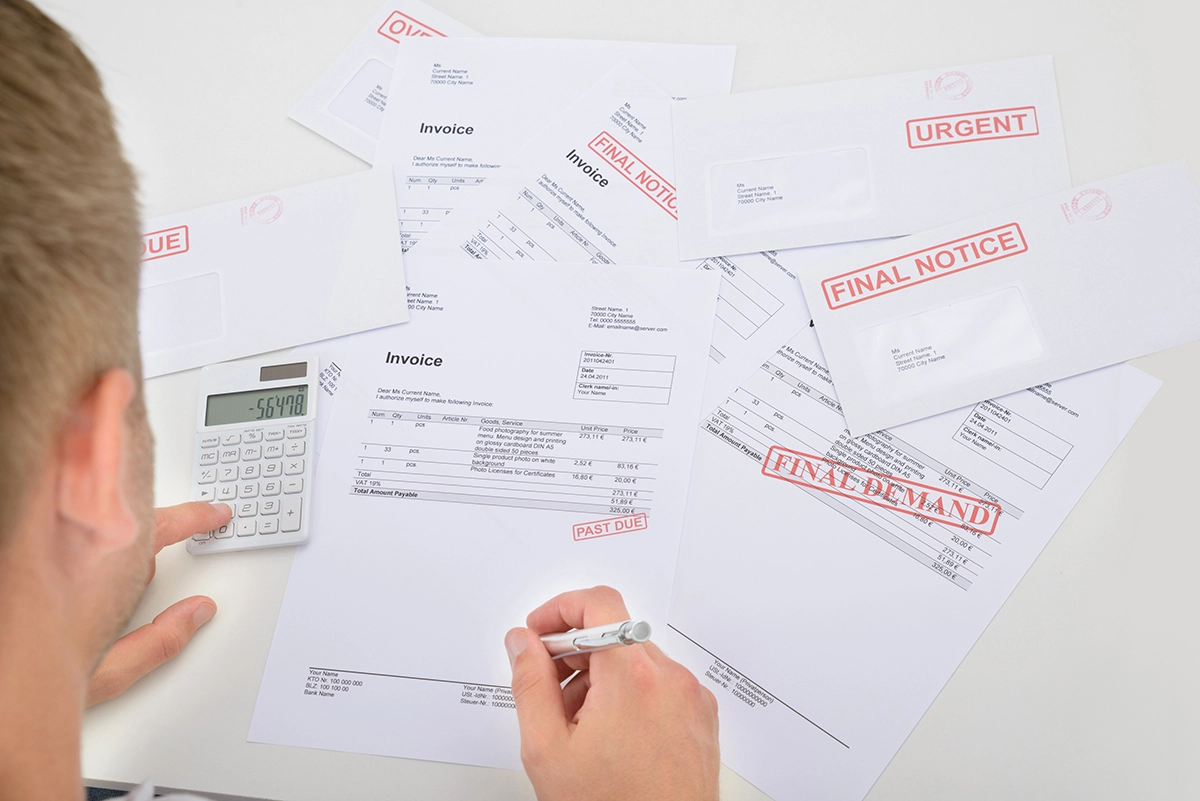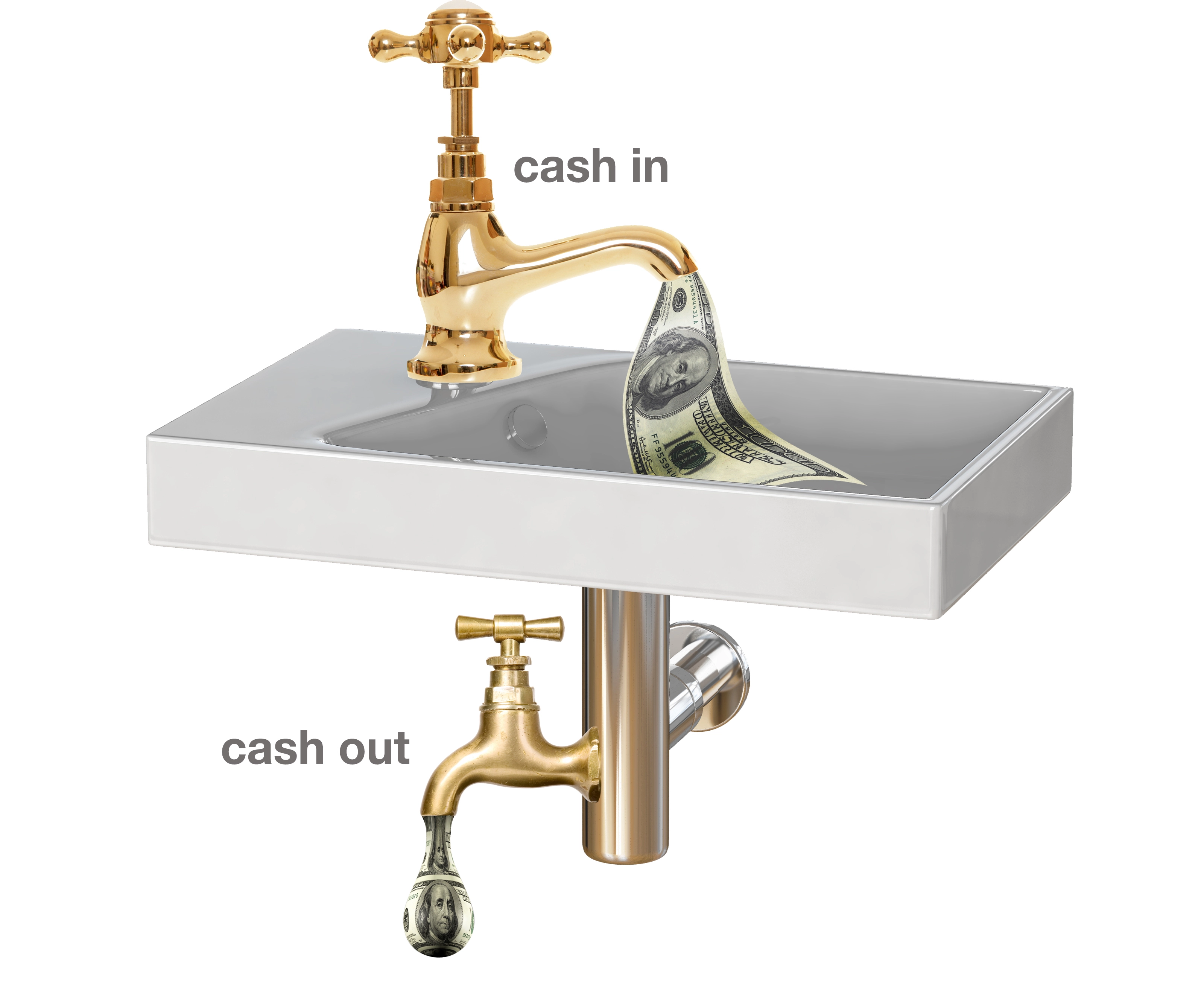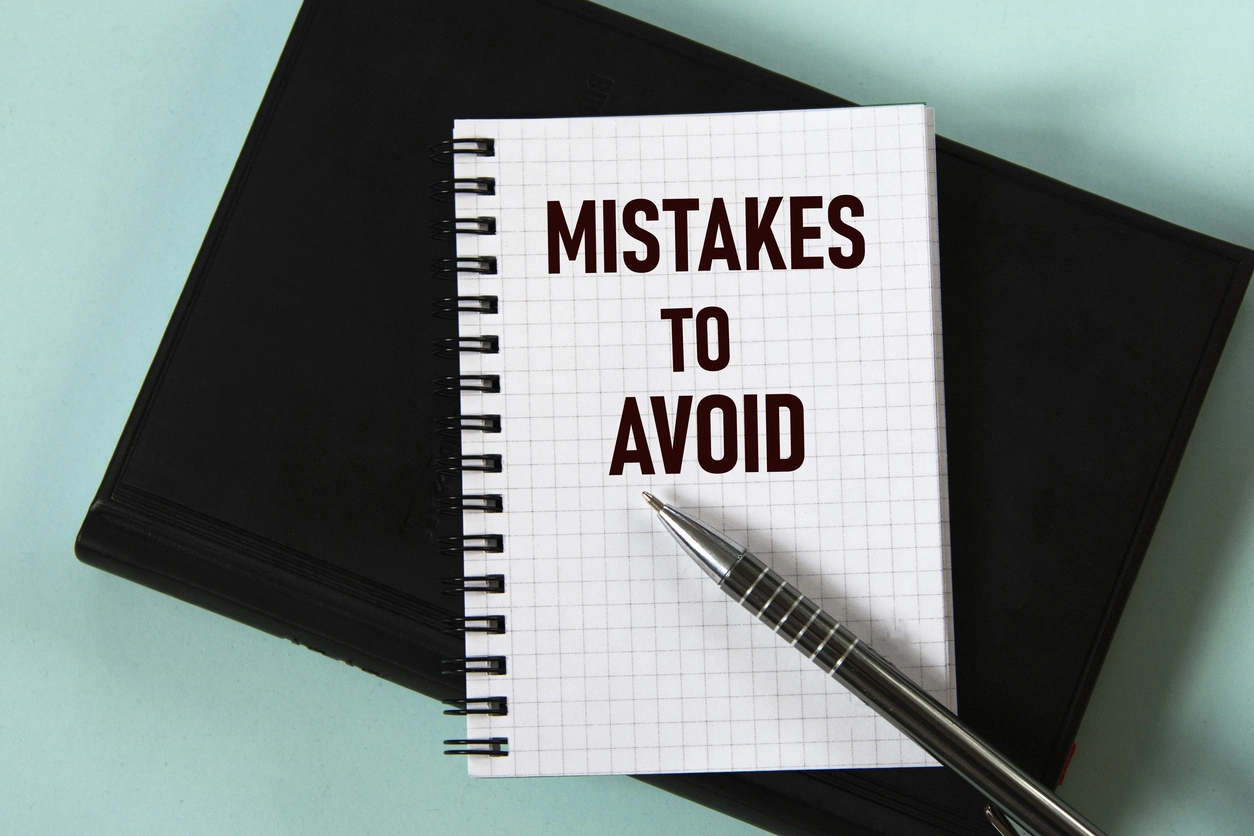Whether you are planning to sell your business to family, employees, or outsiders, you must show a potential buyer clean, accurate financial statements.
There are 12 common financial statement mistakes that you must avoid. I’ve written about: operating your business on a cash basis rather than an accrual basis, profit and loss statement date doesn’t match the balance sheet date, a balance sheet that doesn’t balance, a negative gross profit, negative cash, negative accounts receivable, and negative or no inventory. This month, I’ll write about the first two current liability mistakes.
Remember, to present your company well, you must have clean financial statements showing that your company is growing in profitability.
Mistake #8: Negative Accounts Payable
It is unlikely that you have negative accounts payable on your balance sheet.
Negative accounts payable means that you have overpaid your suppliers, and they owe you a refund.
You might have a few suppliers you have overpaid by a few cents or a few dollars. It is very unlikely that you’ve overpaid all of your supplier bills.
Sometimes, I see this at the end of a fiscal year when you decide to prepay next year’s bills.
However, if it is the middle of your fiscal year, it is unlikely that all of your vendors owe you money.
Many times, the bookkeeper has entered invoices into the accounts payable module and paid the bills using a “write checks” section of your accounting software.
If your bookkeeper enters bills into the accounts payable module, you need to pay them out of the accounts payable module.
At the end of the month, ensure that you reconcile all major vendor statements just as you would reconcile a bank statement. Your books should exactly match what the vendor statement says your company owes. If they don’t match, find out why.
Next, print out an aged payables report (and an aged receivables report) when you get your financial statements.
Look at the aged payables report and see which vendors are really negative. Then find out what they owe you or whether the vendor owes your company money.
With negative accounts payable, you can’t see what your company really owes your vendors and plan cash flow accordingly.
Mistake #9: Negative Credit Cards Payable
This means you overpaid your credit card charges, and the credit card companies owe your company money.
Occasionally you return products for credit. However, negative thousands of dollars is probably unrealistic. This might happen for the credit cards in possession of one or two of your employees who returned something. But, again, it is not likely for the entire credit card balance.
Like negative accounts payable, sometimes I see this at the end of a fiscal year when you pay credit card charges before the statement comes in.
However, if it is the middle of your fiscal year, it is unlikely that you have negative credit card balances.
Many times, the bookkeeper enters the credit card charges into the accounts payable module and pays the bills using a “write checks” section of your accounting software.
If your bookkeeper enters credit card charges into the accounts payable module, they need to be paid out of it.
Or, in QuickBooks, the charges need to be entered into the credit cards segment and paid out of these accounts (NOT write checks).
Then, reconcile the credit cards at the end of every month ... just like the bank accounts you should reconcile at the end of every month.
This is the only way you’ll know what is really owed.
Remember, if your bookkeeper is hassling you and your employees for your credit card receipts, they are doing their job. Individual receipts are necessary to balance the credit card statements. u
Ruth King has more than 25 years of experience in the HVACR industry and has worked with contractors, distributors and manufacturers to help grow their companies and become more profitable. Contact Ruth at ruthking@hvacchannel.tv or at 770-729-0258.





